As you know.......... i fucking hate funerals....... with a passion....... they are a fucking scam...... .....burying people in overpriced boxes ......... pretending they were all good....... when they were alive .........everyone say nice shit at eulogies ..........pretentious........ fucking ass wipe ...... bollocks .....at funerals no one ever did anything wrong ........when they were alive ......fuck off !!!!!!!........i say ........most human beings are cunts .....at least 99.999999%....rest are liars ...no cunt is getting to say shot at my funeral......i am not in .....or there go figure .......so with that in mind.......here is theis fucking pos......waste of money ....
Final Goodbye in Moscow
Hundreds gathered in Moscow on Friday to bid farewell to prominent Putin critic Alexei Navalny, who died under mysterious circumstances in a Russian prison last month. Despite tensions with authorities, throngs of supporters flocked to say their goodbyes at an emotional memorial service and burial.
Mourners shouted, “We are not afraid!” as they streamed towards the Church of the Icon of the Mother of God for the 2pm service, where Navalny's open casket was on display. Makeshift barricades had been erected around the church in anticipation of the crowds. After the service concluded, the coffin was transported across the Moskva River to the Borisovskoye Cemetery for burial around 4 p.m.
Throughout the day, no violent clashes or arrests were reported, despite the Kremlin's warnings against unsanctioned gatherings. Navalny's parents and wife, who resides abroad due to safety concerns, were absent from the ceremonies. But his supporters turned out en masse, crying and tossing flowers while lauding his mother Ludmila for attending the proceedings.
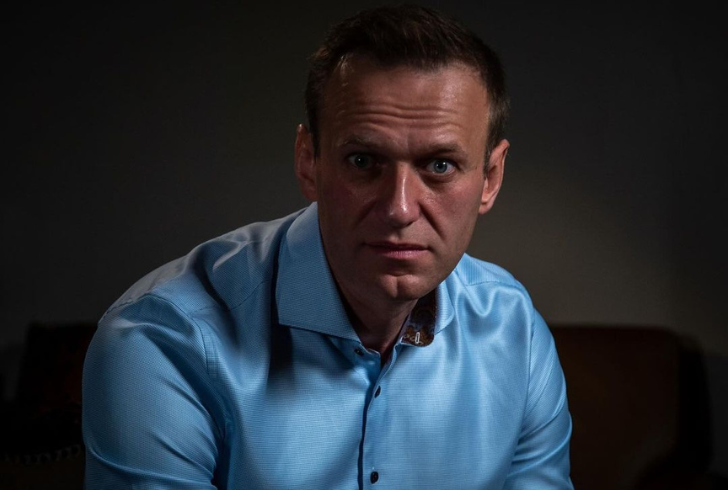
Instagram | jamesbrownlive | Navalny supporters gather, thanking Ludmila Navalnaya for attending.
The 44-year-old anti-corruption campaigner and longtime Putin foe was serving a 2.5-year sentence on disputed charges when he died on February 16th. Russian authorities have insisted on “natural causes,” but his family and Western leaders suspect foul play.
A Conflicting Cause of Death
Navalny's death certificate listed "natural causes," but his supporters dismiss this explanation. His widow Yulia stated that her husband was “killed in prison by Putin's henchmen." U.S. President Joe Biden agreed, saying, “Putin handles Navalny's death because he suppressed free speech and political opposition.” The Kremlin has denied any involvement.
Navalny fell ill on a flight from Siberia to Moscow last August and was airlifted to Germany for treatment. Lab tests revealed poisoning with the Soviet-era nerve agent Novichok. He was arrested immediately upon returning to Russia in January 2021. Supporters have described squalid prison conditions and a lack of proper medical care. Allies say the opposition leader lost significant weight and complained of back pain and numbness in his legs and hands in his final months.
Defiant Crowds Gather Across Russia
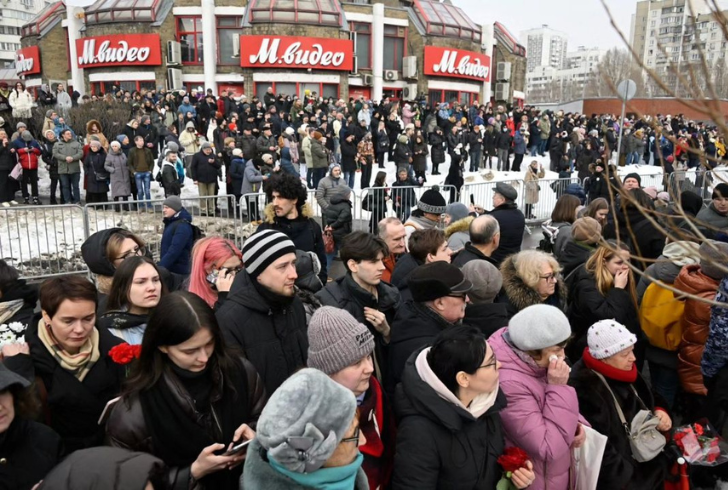
Instagram | ndtv | Desire to bid farewell to Alexei Navalny outweighs fear of detention.
While the Moscow memorial proceeded without incident, authorities elsewhere moved to suppress gatherings in support of the slain activist. Police detained over 130 pro-Navalny protestors in over 25 Russian cities who heeded calls to mourn his death.
Demonstrations took place from St. Petersburg to Novosibirsk despite official warnings. "The desire to say goodbye and pay tribute to Alexei Navalny is stronger than the fear of being detained,” said organizer Ruslan Shaveddinov on social media.
The harsh crackdown came amid Kremlin fears that Navalny could become a potent political symbol and rallying point for the opposition movement from beyond the grave. Officials blocked mourners from viewing his body upon arrival in Moscow from the penal colony and delayed handing over his remains to family.
World Leaders Condemn Russian Authorities
Navalny's death elicited outrage from Western capitals. U.S. Secretary of State Antony Blinken lambasted Moscow for “eliminating anyone seen as a threat to Putin's power." German Chancellor Olaf Scholz called the prison conditions “unacceptable.”
A joint statement from the G7 foreign ministers said Navalny was “the victim of a systematic campaign against dissenting voices and independent civil society by the Russian authorities.” Kremlin spokesman Dmitry Peskov fired back, blasting the condemnation as “politicized and one-sided.”
Navalny's Lasting Legacy
Despite authorities attempting to cut his funeral’s impact, Navalny’s legacy as the fiery vanguard of Russia’s opposition movement seems assured. A tireless anti-corruption investigator, he amassed a nationwide following through viral YouTube exposes and a popular blog before emerging as Putin's most prominent domestic critic.
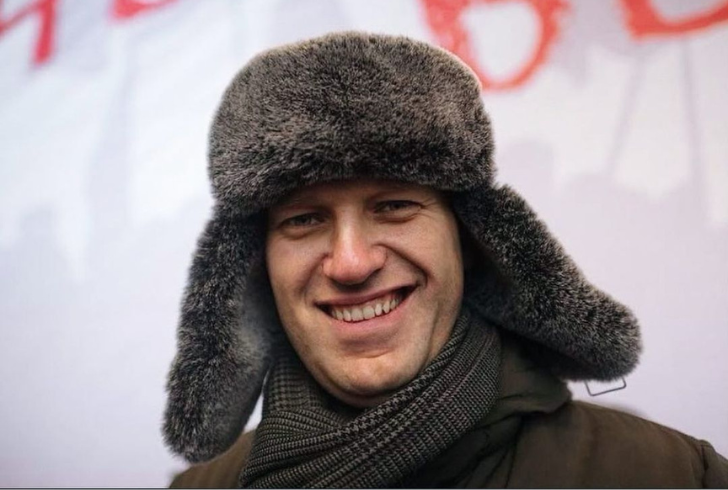
Instagram | robpruitt5000 | Navalny's legacy as a fierce leader in Russia's opposition movement is secure.
His supporters hope outrage over his death will reinvigorate challenges to the Kremlin. “We have to keep going. The fight for a bright future for Russia is continuing,” said activist Vladimir Milov following news of Navalny's passing. Mass demonstrations over his arrest rocked Moscow last year in a major challenge to Putin's rule.
Even absent regular street protests, Navalny's team still aims to chip away at the Kremlin's power monopoly through tactical voting campaigns and corruption investigations. “We are finding new forms of work, adapting to the new reality,” said press secretary Kira Yarmysh.
While Putin looks entrenched, Navalny's backers say he succeeded in exposing corruption at the highest levels and stirring demands for democratic reforms. “When a great avenger appears, he is presented as a future president," said ally Leonid Volkov. "Navalny wasn't able to become president, but he created a strong political organization.”
The Enduring Crackdown on Dissent
The tough actions against memorials for the opposition leader show how the government in Russia is cracking down on independent voices. In recent years, they have banned media outlets, broken up civil groups, and put many activists in jail. Things got even worse after Russia invaded Ukraine. Many people who spoke out against the war had to leave or got arrested. Yelena Zhemkova, a Memorial activist, said, "The pressure is increasing" when the human rights group she worked with was told to stop.
Against this backdrop, Navalny's funeral became a rare opportunity for weary dissidents to come together in solidarity and grieve their fallen comrade. In death as in life, Navalny continues representing the ideals of truth and justice to so many Russians. And the crowds shouting "We will not forget! We will not forgive!” made clear that his legacy will live on.
Despite the risks of defying authorities to honor Navalny, teacher Irina Dachko felt a moral obligation to pay her respects. “If we remain silent, then tomorrow, any one of us could be in Alexei’s place,” she reflected after exiting the memorial service. “We cannot allow that to happen.”


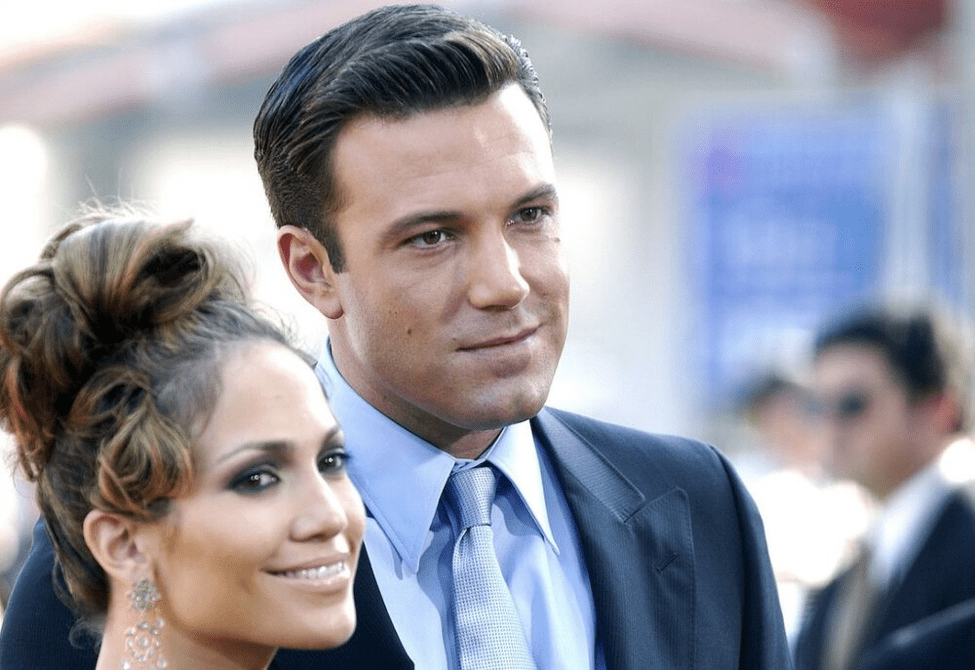


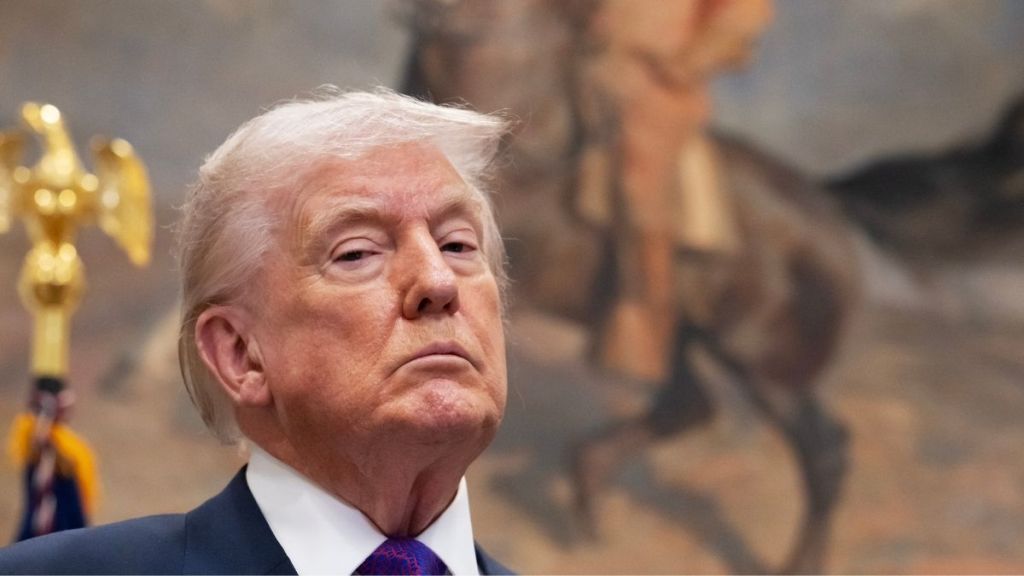
No comments:
Post a Comment